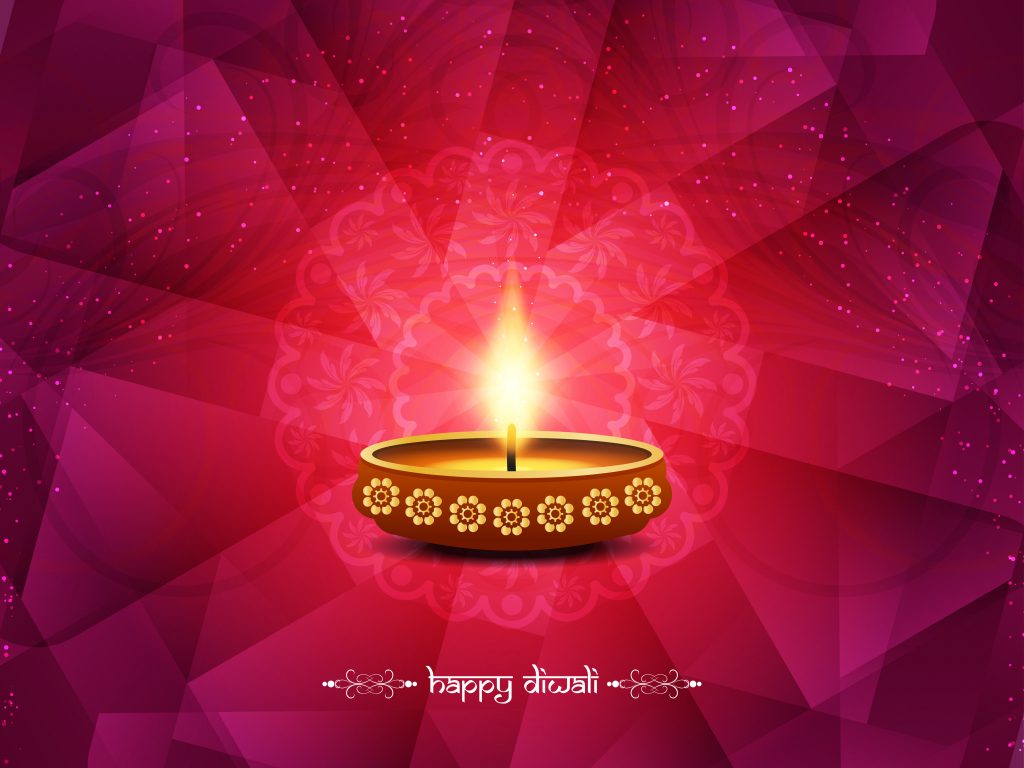
“Is Sravya coming home for Diwali?” my mom’s friend asked her.
“No,” my mom had replied, a little taken aback. “She didn’t consider Diwali to be a holiday you ‘come home’ for, like Thanksgiving or Christmas.”
The truth is, we haven’t really celebrated Diwali in my family since I was in middle school. Even when we were young, we never did more than fireworks and pakoras. My parents were just not into celebrating holidays.
Diwali is supposed to be a holiday celebrating the return of Lord Rama, Sita, and Lakshmana to Ayodhya after fourteen years of exile. But although that’s how I grew up understanding it, I’m not sure that’s how I understand it today.
In this Brown Girl News episode, I visit a college Diwali celebration and talk to students about what Diwali means to them. They cited the time spent with friends, new beginnings, and closeness with heritage. But I think I resonated most with the insight provided by Deepika, who said celebrating Diwali in college serves as a reminder of her ethnicity, heritage, and identity.
More than anything, religion and cultural holidays serve to help us identify and have a sense of belonging. Being Indian-American, we can never completely fit into either Indian or American society. Indians see us as Americans and Americans see us as Indians. Religion and religious/cultural holidays transcend national boundaries and borders to create political identities that help us to connect and find belonging where belonging is inherently unnatural.
To me, Diwali is more fun in college than it ever was at home. College is where I can spend time with so many other young South Asian-Americans who relate to me on the South Asian-American identity level. I can talk to my Indian-American college friends about being Indian and American and both and Hindu without discomfort. To me, Diwali is about belonging. Finding that space in between two cultures where everything fits just right.
 Sravya Tadepalli is a student at the University of Oregon studying political science and journalism. She is a proud Indian-American-Oregonian and grew up in a small town in the southern Willamette Valley. Sravya is passionate about theater, racial issues, and politics. She is also particularly interested in figuring out policy solutions to problems of social justice and political partisanship.
Sravya Tadepalli is a student at the University of Oregon studying political science and journalism. She is a proud Indian-American-Oregonian and grew up in a small town in the southern Willamette Valley. Sravya is passionate about theater, racial issues, and politics. She is also particularly interested in figuring out policy solutions to problems of social justice and political partisanship.




